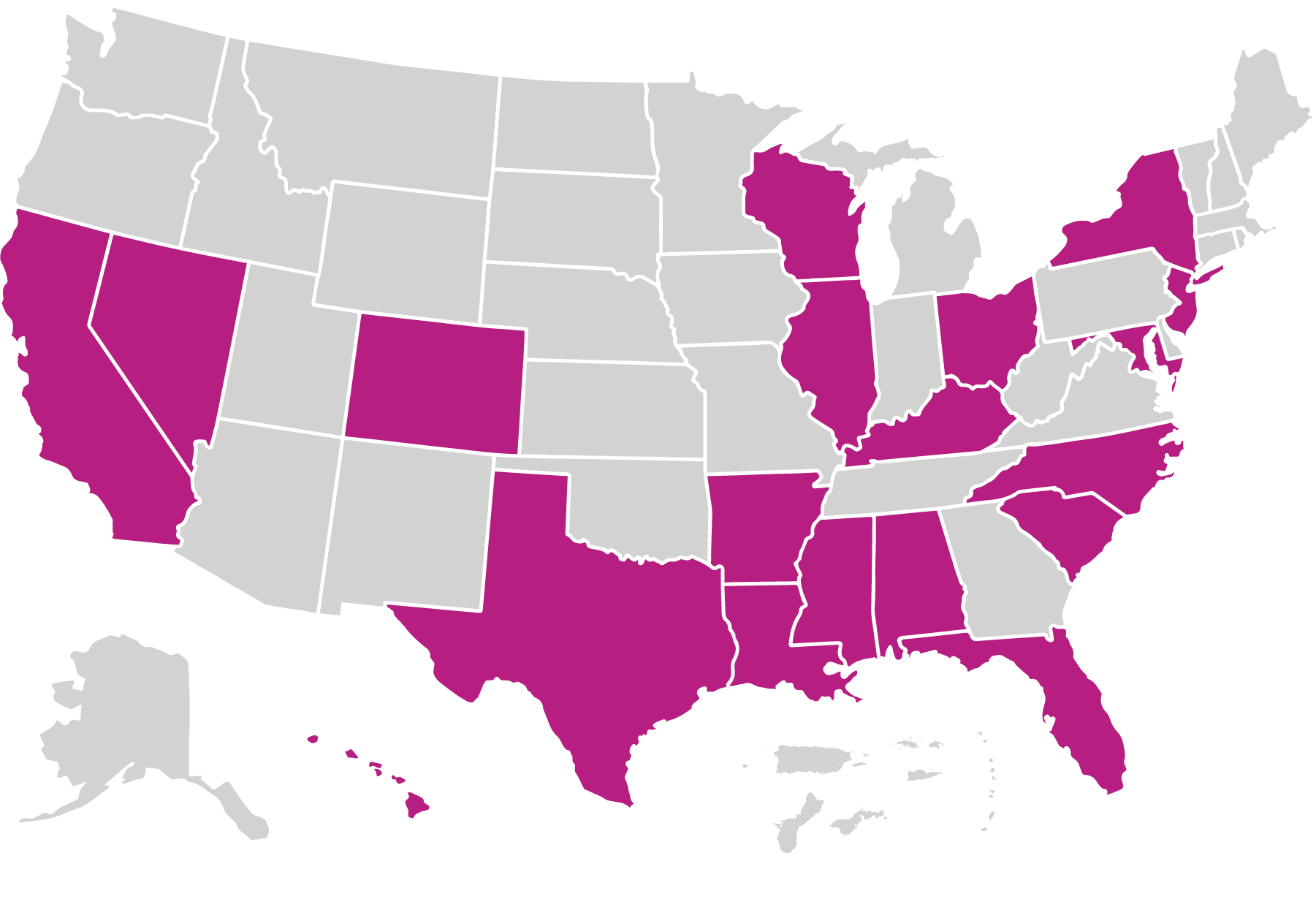Home Instruction for Parents of Preschool Youngsters
Home Instruction for Parents of Preschool Youngsters (HIPPY) partners with parents to prepare their children for success in school. The model uses storybooks and a scripted curriculum to teach children school readiness skills and partner with parents to enrich their education and job skills. The model also seeks to strengthen communities by supporting civic engagement and employing home visitors from the community, many of whom have participated in the program.
What is the model’s approach to providing home visiting services?
Home visits take place once per week. Services are provided until the child exits kindergarten. Children must be 2 years old by the start of the program year to enroll in HIPPY for Little Learners and 3 years old to enroll in the Year 1 curriculum.
HIPPY’s service population includes the following:
- Families with low incomes
- Families with children ages 2 to 5 years old
- Caregivers with limited access to education
- Immigrant families experiencing language barriers
- Home-based child care providers
Who is implementing the model?
Home Visitors
HIPPY was implemented by 611 home visitors in 2023. The model requires a high school diploma for home visitors; a Child Development Associate credential is recommended. Home visitors are required to maintain a caseload of 10 to 22 families.
Supervisors
HIPPY was implemented by 167 supervisors in 2023. The model requires a bachelor’s degree for supervisors.
Where is the model implemented?
HIPPY operated in 99 local agencies across 19 states and the District of Columbia in 2023. HIPPY also operated outside the United States and its territories in Argentina, Australia, Austria, Canada, Chile, China, Germany, Liberia, New Zealand, and Paraguay in 2023.

Families Served Through Evidence-Based Home Visiting in 2023
Race
<1% American Indian Alaska Native
4% Asian
22% Black
<1% Native Hawaiian Pacific Islander
69% White
4% Multiple
Ethnicity
38% Hispanic or Latino
62% Not Hispanic or Latino
Primary language
63% English
33% Spanish
5% Another language
Caregiver Age
3% ≤21 years
31% 22-29 years
59% 30-44 years
8% ≥45 years
Caregiver education
15% No HS diploma
40% HS diploma or GED
28% Some college or training
17% Bachelor's degree or higher
Household income
95% Low-income status
5% Not low-income status
Child age
0% <1 year
20% 1-2 years
80% 3-5 years
Child insurance status
73% Public
20% Private
7% None
